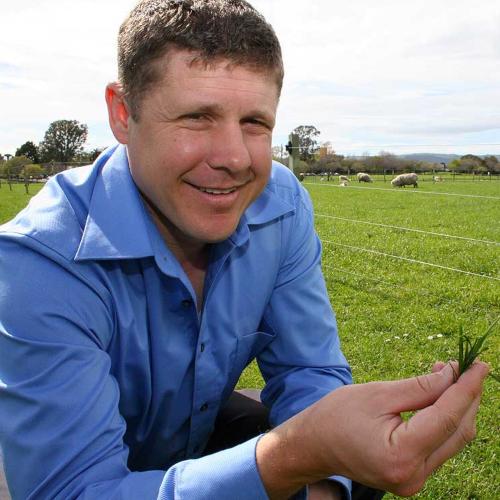Search results
Displaying 51 - 60 results of 414
- Resource book… feature traits added core indexes meat facial eczema tolerance wormfec resistance etc 2 28 … can tailored additional traits interest meat facial eczema nzmw nzmw nzmw worm fec when use …
- PodcastPaul has led a considerable amount of sheep research focused on improving on-farm productivity and profitability and is a key contributor to many of B+LNZ’s resource booklets and factsheets. In this …

- Resource book… flystrike trace element deficiencies facial eczema clostridial disease campylobacteriosis … drench resistance trace element deficiencies facial eczema metabolic clostridial bvd …
- Other PDF… cattle preslaughter management bearings facial eczema pneumonia footrot flystrike sheep value …
- Resource book… pasture crop related animal health factors 77 facial eczema sporodesmin poisoning 77 ryegrass … during summer interacting suppressive factors facial eczema ryegrass endophyte associated …
- … This study will help understand the extent of Facial eczema across New Zealand. This study will … the prevalence and contributing factors of Facial eczema (FE) across New Zealand over …
- Resource book… care sampling pastures andor faeces facial eczema spore counts appropriate time year … include internal parasites worms liver fluke facial eczema trace element deficiencies …
- Resource book… 10 sandra steve parrott raglan effects facial eczema beef cattle 12 grant christine west … treatment maintain livestock performance face facial eczema challenge setting trial trial …
- PodcastFind out more More information on the maternal and terminal indexes we discuss can be found at www.ramindex.co.nz The the ram buyer guide is downloadable at bit.ly/Ram-Buying-Guide Check out the …
